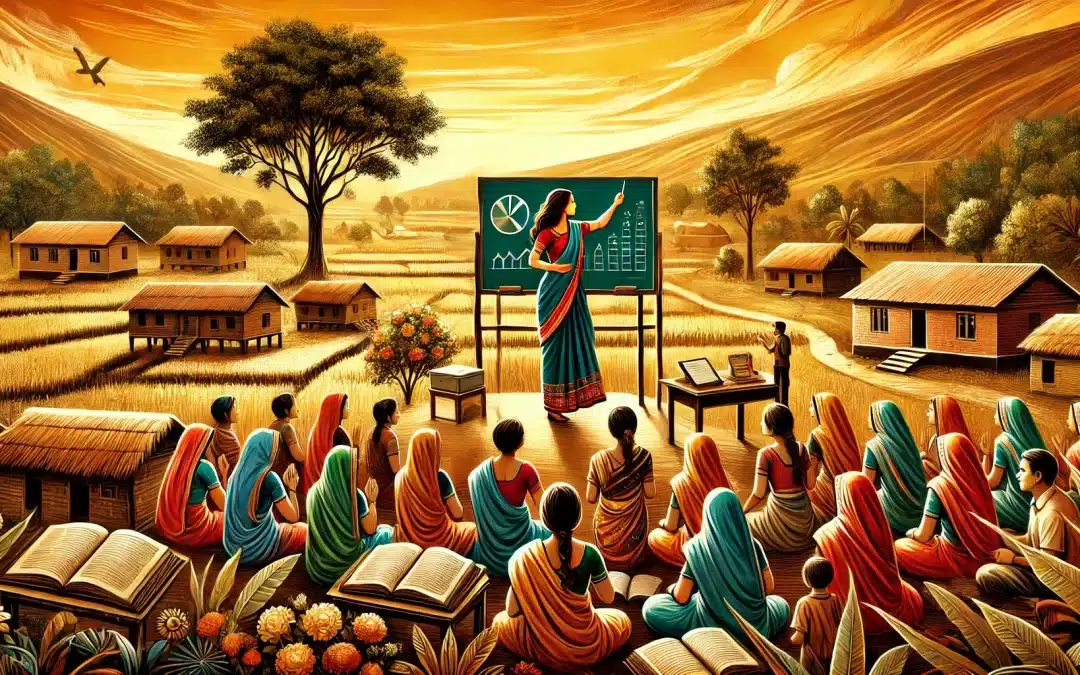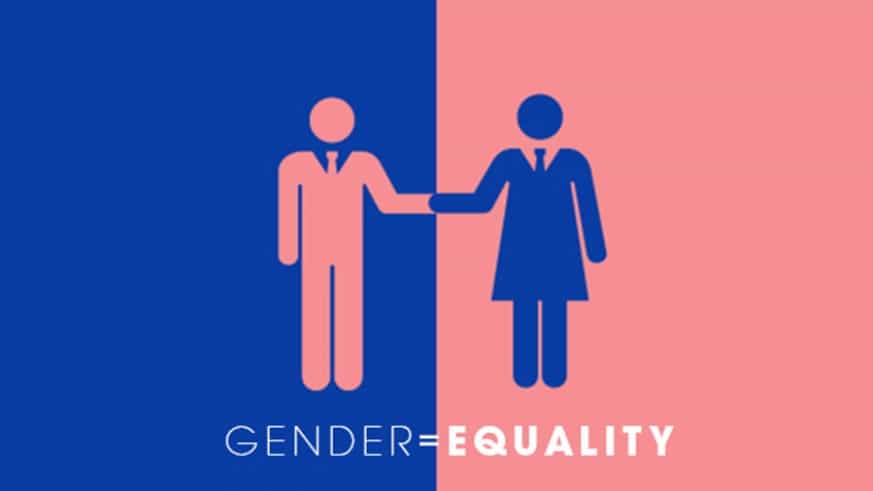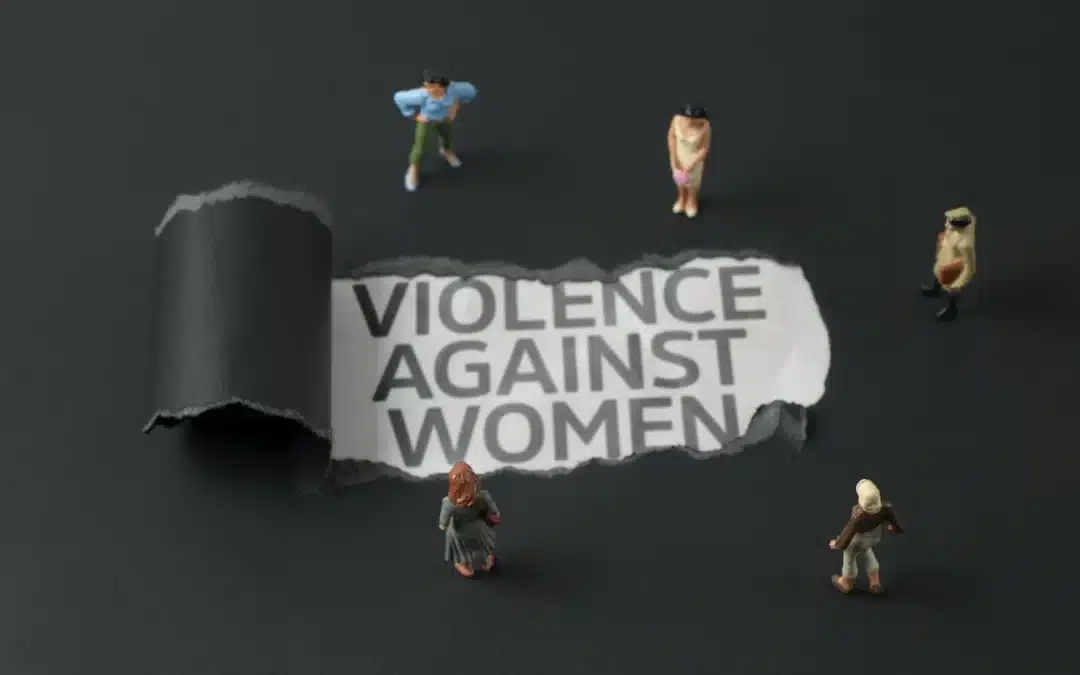
by admin | Jan 10, 2025 | Uncategorized
In many backward areas around the world, cultural norms and systemic inequalities create an environment where women are subjected to heinous crimes such as rape, and poor people often find themselves powerless to seek justice. These regions are plagued by a combination of ignorance, poverty, and deeply ingrained patriarchal systems that perpetuate cycles of violence and oppression.
Cultural Factors Perpetuating Violence
- Patriarchy and Male Dominance
- In many traditional societies, women are seen as subordinate to men. This cultural mindset often dehumanizes women, making them vulnerable to exploitation and abuse.
- Rape and other forms of violence are sometimes used as tools to exert control or settle disputes, reflecting deeply rooted misogyny.
- Lack of Education
- Limited access to education in backward areas perpetuates ignorance about women’s rights and human dignity.
- Men and women in these regions are often unaware of laws protecting women, enabling perpetrators to act without fear of legal consequences.
- Cultural Taboos
- Discussions about sexual violence are often taboo, leading to a culture of silence around rape and abuse.
- Victims are frequently blamed, shamed, or ostracized, deterring others from speaking out or seeking justice.
The Helplessness of the Poor
- Corruption and Power Imbalances
- Poor individuals in backward areas are often at the mercy of corrupt systems where law enforcement and judicial authorities favor the wealthy and influential.
- Perpetrators with power or money can easily manipulate legal processes, leaving the poor with no recourse.
- Economic Dependence
- Poverty forces many families to rely on powerful landlords or community leaders, making them reluctant to report crimes for fear of retribution.
- Women from poor families are particularly vulnerable, as they lack the financial resources to escape abusive situations or fight legal battles.
- Fear of Retaliation
- Victims and their families often face threats or violence if they attempt to report crimes. This fear silences many, ensuring that perpetrators remain unpunished.
Breaking the Cycle
- Empowering Women Through Education
- Education is a key tool in dismantling oppressive cultural norms. Teaching women about their rights and providing them with skills for financial independence can help reduce vulnerability.
- Legal Reforms and Enforcement
- Governments must strengthen laws protecting women and ensure their enforcement, particularly in rural and backward areas.
- Establishing fast-track courts for cases of violence against women can help deliver timely justice.
- Community Awareness and Advocacy
- Grassroots organizations and NGOs can play a vital role in educating communities about the importance of gender equality and the consequences of violence.
- Encouraging open dialogue about these issues can help break the culture of silence and shame.
- Support Systems for Victims
- Providing shelters, counseling, and legal aid for victims of violence can empower them to seek justice and rebuild their lives.

by admin | Dec 31, 2024 | Uncategorized
Violence against women is one of the most pervasive human rights violations globally. It transcends boundaries of culture, geography, and socioeconomic status, leaving a lasting impact on individuals, families, and communities. While there is no single solution to this complex issue, education stands as one of the most powerful tools for creating meaningful change. By empowering individuals with knowledge, fostering equality, and challenging harmful norms, education can play a pivotal role in ending violence against women.
Raising Awareness and Changing Attitudes
Education is a catalyst for awareness. It enables individuals to recognize the signs of abuse, understand its root causes, and identify the resources available to combat it. Schools and community programs that incorporate gender-sensitivity training and discussions on consent, respect, and healthy relationships can challenge ingrained stereotypes and harmful attitudes that perpetuate violence.
For instance, integrating comprehensive sex education into curricula can teach young people about mutual respect and personal boundaries. These lessons help to break cycles of violence by fostering a generation that values equality and nonviolence.
Empowering Women and Girls
Education is a vital pathway to empowerment for women and girls. When women are educated, they are more likely to gain financial independence, make informed decisions about their lives, and advocate for their rights. This empowerment reduces vulnerability to abusive relationships and increases the likelihood of seeking help when faced with violence.
Programs that focus on educating girls in marginalized communities have shown remarkable results in reducing child marriages, human trafficking, and domestic abuse. Educated women are also more likely to educate their children, creating a ripple effect that benefits future generations.
Engaging Men and Boys
Ending violence against women requires the involvement of everyone, including men and boys. Education can play a transformative role by encouraging men and boys to become allies in the fight against gender-based violence. Workshops, campaigns, and school programs can promote positive masculinity, challenge toxic behaviors, and encourage active bystander intervention.
When men and boys understand the importance of gender equality and the consequences of violence, they can become advocates for change within their families and communities.
Addressing Systemic Issues 
Education is not just about individual empowerment; it is also a tool for addressing systemic issues. By teaching about laws, rights, and resources, education can equip individuals to demand justice and accountability. It can also encourage institutions to adopt policies that prioritize the prevention of violence and support for survivors.
Moreover, education systems themselves must be reformed to become safe and inclusive spaces. Schools should have zero tolerance for harassment and abuse, and teachers must be trained to address issues of gender-based violence effectively.
The Broader Impact
When education is prioritized, its impact extends far beyond the classroom. Educated communities are more likely to reject harmful practices such as female genital mutilation, honor killings, and other forms of violence against women. They are also better equipped to challenge cultural norms and legal systems that fail to protect women’s rights.
Investing in education is not just a moral imperative but also an economic one. Societies that empower women through education see improved health outcomes, reduced poverty, and stronger economies. In short, educating individuals about gender equality benefits everyone.

by admin | Dec 24, 2024 | Uncategorized
Gender equality is not just a fundamental human right but a foundation for a prosperous, peaceful, and sustainable world. While significant strides have been made globally, gender inequality remains a widespread issue, especially in societies where traditional norms still shape people’s perceptions of gender roles. At White Ribbon Pakistan, we believe that empowering women and men equally is essential for building a society based on justice, dignity, and respect for all individuals.
What Is Gender Equality?
Gender equality means that individuals, regardless of their gender, have equal rights, opportunities, and access to resources. It involves the fair treatment of all genders in all spheres of life, including education, employment, healthcare, and political representation. Gender equality is not just about the absence of discrimination, but about creating systems where individuals can thrive regardless of gender-based biases or stereotypes.
The Importance of Gender Equality
- Empowering Women: Gender equality ensures that women have the same opportunities as men to access education, healthcare, jobs, and leadership roles. Empowering women is essential for social and economic development. Studies have shown that when women are empowered, they contribute significantly to the economy and the well-being of their communities.
- Improving Society for All: Gender equality benefits everyone. It leads to healthier families, more resilient communities, and stronger economies. When women are empowered and involved in decision-making, societies as a whole flourish. It reduces poverty, promotes peace, and encourages sustainable development.
- Breaking Stereotypes and Biases: Challenging traditional gender norms helps break down the stereotypes that often limit opportunities for both men and women. Men, for example, may feel societal pressure to avoid showing emotions or pursuing careers that are considered ‘feminine.’ Women, on the other hand, may face barriers to entering male-dominated fields. Promoting gender equality gives both genders the freedom to pursue their passions and achieve their full potential.
Gender Equality in Pakistan
In Pakistan, gender equality remains a critical issue. Women and girls continue to face significant challenges in terms of access to education, economic participation, and protection from violence. According to various studies, Pakistan ranks among the lower countries when it comes to gender equality, with many women experiencing discrimination in the workplace, at home, and within the legal system.
However, positive steps are being taken. Movements like White Ribbon Pakistan are dedicated to raising awareness about gender equality and empowering women to stand up against violence and discrimination. We work towards challenging harmful gender norms, advocating for women’s rights, and creating a society where everyone, regardless of gender, is treated with respect and dignity.
How We Can Promote Gender Equality
- Education: Educating both men and women about the importance of gender equality is essential for creating lasting change. This includes teaching children the value of mutual respect and equality from an early age.
- Awareness Campaigns: Awareness initiatives, such as those led by White Ribbon Pakistan, are crucial for spreading the message of gender equality. These campaigns can challenge stereotypes, raise consciousness about the issue, and foster a sense of collective responsibility for creating a more equitable society.
- Legislative Support: Governments and policymakers must ensure that laws are in place to protect women and men from discrimination and violence. Strengthening legal frameworks and implementing laws related to gender equality, such as those addressing workplace discrimination and domestic violence, is vital for making tangible progress.
- Creating Equal Opportunities: Creating equal opportunities in education, the workplace, and leadership roles is key to achieving gender equality. Both men and women should have the freedom to choose careers based on their skills and interests, without fear of discrimination.
- Support Networks: Supporting victims of gender-based violence through counseling, legal aid, and safe spaces can significantly improve their ability to rebuild their lives. Communities, organizations, and individuals must come together to offer support and create an environment of zero tolerance towards violence.
The Role of Men in Gender Equality
Achieving gender equality is not just a woman’s issue – it’s a societal issue. Men play a vital role in promoting gender equality. By challenging harmful stereotypes, standing against violence, and advocating for the rights of women and girls, men can become powerful allies in this cause. White Ribbon Pakistan encourages men to take a stand against violence and discrimination, promoting respectful and supportive relationships.

by admin | Dec 20, 2024 | Uncategorized
Domestic Violence Against Women in Pakistan
Domestic violence is a pervasive issue across the globe, but in Pakistan, it represents a critical crisis that undermines the safety, dignity, and rights of countless women. Despite growing awareness and advocacy, the shadow of violence persists, woven deeply into cultural, societal, and legal frameworks. Understanding its roots and addressing its manifestations is key to building a society that values and protects all its members.
The Scope of the Problem
According to various studies and reports, a significant percentage of Pakistani women experience physical, emotional, or psychological abuse during their lifetimes. The Pakistan Demographic and Health Survey (PDHS) highlights that almost 28% of women aged 15-49 have faced domestic violence at some point. This statistic, however, is likely an underestimation due to underreporting driven by stigma, fear, and lack of support systems.
Cultural and Societal Drivers
The normalization of domestic violence in many parts of Pakistan stems from deeply ingrained patriarchal norms. Societal beliefs often perpetuate the idea that men have authority over women, with many viewing violence as a “private family matter.” Cultural taboos discourage women from speaking out, while victim-blaming attitudes further silence survivors.
Legal and Institutional Challenges
Pakistan has made strides in legislating against domestic violence, with provinces like Sindh, Punjab, and Khyber Pakhtunkhwa enacting laws such as the Domestic Violence (Prevention and Protection) Acts. However, the implementation of these laws remains weak due to lack of awareness, inadequate training of law enforcement, and deeply entrenched biases within the justice system.
The Impact on Women and Society
The repercussions of domestic violence extend beyond individual survivors, affecting families and communities. Women subjected to violence often experience long-term physical and mental health issues, diminished economic opportunities, and social isolation. Children in violent households are at risk of emotional trauma, perpetuating cycles of abuse.
The Way Forward
Addressing domestic violence in Pakistan requires a multi-faceted approach:
- Raising Awareness: Public campaigns can challenge societal norms and educate communities about the consequences of violence and the importance of gender equality.
- Strengthening Legal Frameworks: Ensuring robust implementation of existing laws and introducing comprehensive legislation in areas lacking protection is crucial.
- Empowering Women: Providing education, vocational training, and financial independence to women can reduce their vulnerability to abuse.
- Support Systems: Establishing shelters, hotlines, and counseling services for survivors can offer immediate and long-term assistance.
- Engaging Men: Involving men and boys in conversations about toxic masculinity and respect for women can help change harmful attitudes.

by admin | Dec 11, 2024 | Uncategorized
Violence against women remains a pervasive issue globally, with Pakistan witnessing alarming levels of abuse, including domestic violence, honor killings, and sexual assault. International organizations and NGOs have consistently highlighted the dire conditions for women in the country, noting societal and legal challenges that impede justice and protection. Reports indicate that Pakistan is among the most dangerous countries for women, with 90% experiencing domestic violence during their lifetimes, according to various studies cited by Dawn and Deutsche Welle. Despite legislative advancements, such as the Anti-Rape and Anti-Honor Killing laws, implementation and cultural attitudes often undermine their effectiveness.
The Role of Women in Overcoming Violence
To combat this issue, women must take proactive steps toward empowerment:
- Education and Awareness: Women should seek education and legal literacy to understand their rights and available support systems.
- Building Networks: Establishing support groups or connecting with NGOs can provide resources and emotional resilience.
- Leveraging Technology: Tools like emergency apps and helplines can offer immediate assistance in dangerous situations.
Laws Protecting Women in Pakistan
Pakistan has introduced several laws to protect women, including:
- The Protection Against Harassment of Women at the Workplace Act (2010): Offers a framework to address workplace harassment.
- The Anti-Honor Killing Laws (2016): Closed legal loopholes that allowed perpetrators of honor crimes to escape punishment through family pardons.
- The Domestic Violence Acts (provincial laws): Define and criminalize domestic violence, though enforcement remains inconsistent.
Contribution of White Ribbon Pakistan
White Ribbon Pakistan plays a vital role in addressing violence against women by raising awareness and promoting men’s involvement in eradicating abuse. Initiatives like the “White Ribbon Ride” engage male allies in spreading messages of respect and non-violence, emphasizing that ending gender-based violence requires collective action. CEO Omer Aftab stresses the importance of male engagement to challenge patriarchal norms and transform societal attitudes.
Global Context and the Way Forward
Organizations such as The Guardian and The News underscore the importance of international collaboration in addressing violence against women, as shared practices and global pressure can strengthen local initiatives. The inclusion of more robust educational campaigns and accessible legal mechanisms remains critical for creating long-term change.
In conclusion, violence against women is a societal problem that demands systemic reforms, community involvement, and empowered individuals. White Ribbon Pakistan’s initiatives exemplify how targeted efforts can make a difference, but sustained action from all sectors of society is essential to ensure safety and equality for women.

by admin | Nov 30, 2024 | Uncategorized
Physical and Sexual Violence Against Women in Pakistan: A Grave Concern
Violence against women remains a significant issue in Pakistan, where societal norms, gender inequality, and cultural taboos often perpetuate these injustices. Despite ongoing efforts to combat this problem, physical and sexual violence against women continues to pose a serious threat to their safety, dignity, and basic human rights.
The Prevalence of Violence
Statistics reveal alarming levels of violence against women in Pakistan. According to reports, nearly 70% of women in the country face physical or sexual violence at some point in their lives. These acts often occur within the confines of their homes, making them even harder to report or address. Domestic violence, honor killings, rape, and harassment are among the most prevalent forms.
In rural areas, where patriarchal values dominate, women are often treated as property, and violence is used as a tool of control. Urban areas are not exempt either, with increasing reports of workplace harassment and sexual assault. The lack of comprehensive legal protections exacerbates the problem.
Root Causes
1. Patriarchal Culture
In Pakistan, traditional gender roles often position men as dominant figures, leading to systemic suppression of women. This patriarchal mindset normalizes violence as a way of asserting control over women.
2. Lack of Education
Limited access to education, especially for women, creates a vicious cycle of dependency and ignorance about legal rights, making them more vulnerable to abuse.
3. Weak Legal Framework
Despite laws like the Protection of Women Against Violence Act, implementation remains weak. Victims face immense challenges, including societal stigma, lack of police support, and a sluggish judicial process.
4. Cultural Taboo
Talking about sexual violence is still taboo in many parts of Pakistan. Victims are often blamed, and their voices are silenced to preserve family “honor.”
Consequences of Violence
The impact of physical and sexual violence is profound, affecting victims on multiple levels:
- Physical Health: Victims often sustain serious injuries and are at risk of long-term health issues.
- Mental Health: PTSD, depression, and anxiety are common among survivors.
- Social Isolation: Many women are ostracized from their communities after reporting abuse.
- Economic Dependence: Violence often prevents women from pursuing education or work, trapping them in cycles of poverty.
Combating Violence
Addressing this issue requires a multifaceted approach:
1. Legislative Reforms
Strengthening existing laws and ensuring their effective implementation is critical. Special tribunals for gender-based violence could expedite justice for victims.
2. Awareness Campaigns
Educating men and women about women’s rights is essential to dismantle patriarchal norms. Campaigns like White Ribbon Pakistan are playing a vital role in raising awareness and challenging stereotypes.
3. Support Systems
Establishing safe houses, crisis centers, and helplines for victims can provide immediate assistance and shelter.
4. Education and Empowerment
Promoting girls’ education and women’s financial independence can reduce their vulnerability to violence.
5. Community Engagement
Involving community leaders and influencers to advocate for women’s rights and condemn violence can bring about lasting change.







